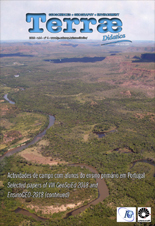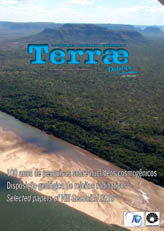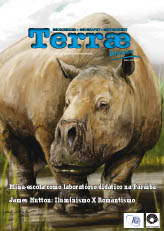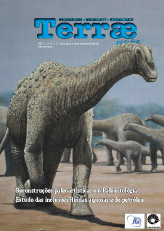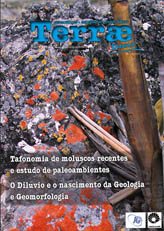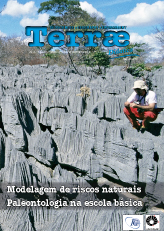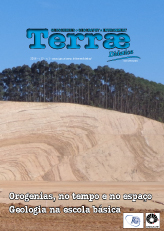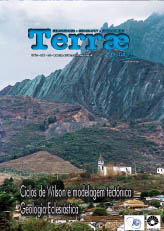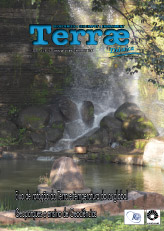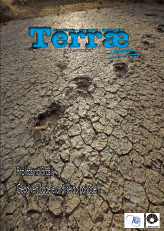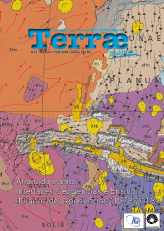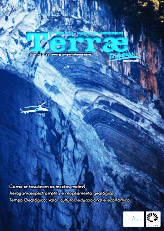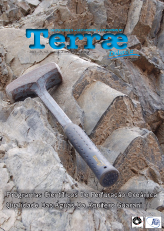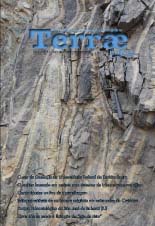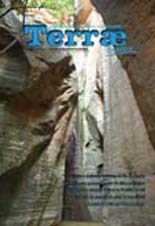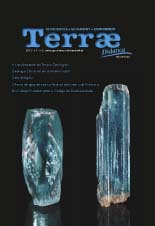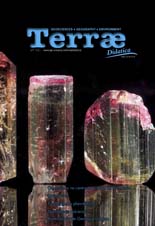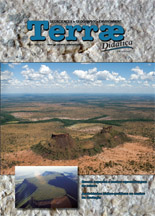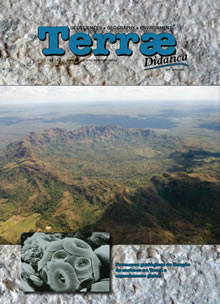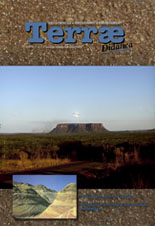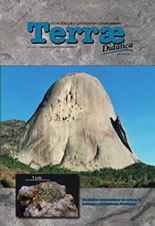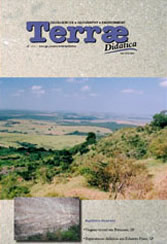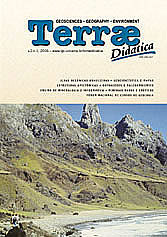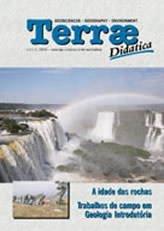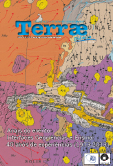Campinas-Brasil
ISSN 1980-4407

 ___________________
___________________ __
__
Volume 14, n2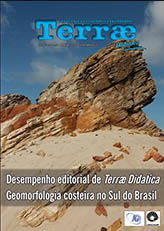
Volume 14, n1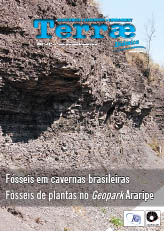
Volume 12, n3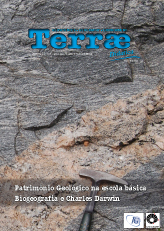
Volume 10, n2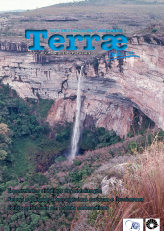
Volume 8, n2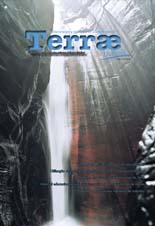
Aspectos do Projeto Político Pedagógico do Movimento Escoteiro no Brasil e reflexos na Educação Ambiental
Camila Moreno de Lima Silva
Programa de Pós-graduação em Ensino e História das Ciências da Terra – IGe – UNCIAMP
Rosely Aparecida Liguori Imbernon
Professor Associado da Escola de Artes, Ciências e Humanidades - EACH - Universidade de São Paulo - USP / Programa de Pós-graduação em Ensino e História das Ciências da Terra – IGe – UNCIAMP
Abstract Aspects of the Political-Pedagogical Project of the Scout Movement in Brazil and implications for Enviromental Education. - The objective of this paper is to show the Boy Scout Movement as a possibility to include Geoscience Education for Environmental Education activities to children and youth. This model of teaching within a extraescolar movement may produce some reflections on school education. The Boy Scout Movement was established by Robert Stephenson Smyth Baden-Powell (B-P) in 1907 and worldwide is an educational movement, without lucrative purposes. It aims the development of the young, by means of a system of values that prioritizes honor. The system relies on the Promise and Boy Scout Law; the work in team and the life in outdoors help promoting activities of interpretation of the environment, and about the Earth dynamics. During the development of this work, the authors have collected data from the Brazil Boy Scout (UEB) as well as they have done interviews with participants of all the ages and professions. The objective is to evaluate if such a non-formal movement of education presents any effect on school education, and what aspects of the activities can be reproduced in Environmental Education for children and youth.Citation: Silva C.M.L., Imbernon R.A.L. 2014. Aspectos do Projeto Político Pedagógico do Movimento Escoteiro no Brasil e reflexos na Educação Ambiental Terræ Didatica, 10(3):425-435. <http://www.ige.unicamp.br/terraedidatica/>.
Keywords: Environmental education, Boy Scout movement.
Resumo O Movimento Escoteiro foi fundado por Robert Stephenson Smyth Baden-Powell (B-P) em 1907 e é um Movimento educacional mundial, voluntariado, apartidário e sem fins lucrativos. A proposta visa o desenvolvimento do jovem, por meio de um sistema de valores que prioriza a honra. Esse sistema se baseia na Promessa e Lei Escoteiras, e o trabalho em equipe e a vida ao ar livre promove atividades com foco principal nas Ciências Naturais, de interpretação do meio ambiente, e de respeito às dinâmicas terrestres. Para o desenvolvimento deste trabalho, foi realizado um levantamento de dados junto aos Escoteiros do Brasil (UEB) e entrevistas com Escoteiros de todas as idades e profissões. O objetivo foi demonstrar como um movimento de ensino extraescolar apresenta reflexos na educação escolar, e aspectos da Educação Ambiental presentes nas atividades realizadas pelas crianças e jovens.
Palavras-chave: Educação Ambiental, Movimento Escoteiro.
Copyright © 2005-2007 - Instituto de Geociências - Universidade Estadual de Campinas - UNICAMP - Brasil - Todos os direitos reservados -
Desenvolvimento: ![]()
